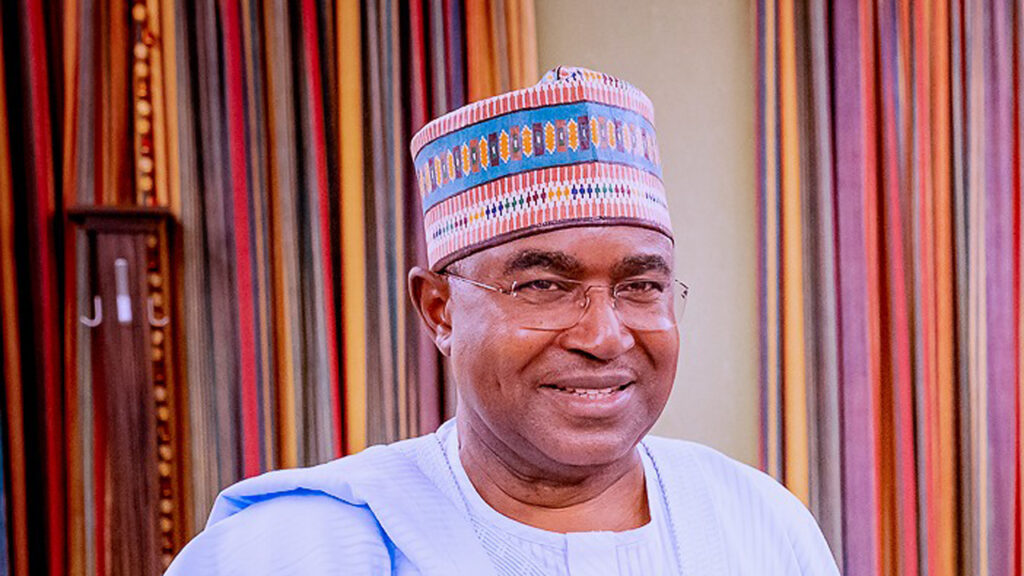
Woos investors to Dala Inland Dry Port
Kano State Governor, Abdullahi Ganduje, has attributed the relative peace enjoyed in the state to deployment of new security techniques, community policing and improved coordination among security agencies.
At the unveiling of the new logo and theme of the Dala Inland Dry Port, yesterday, in Abuja, Ganduje said: “We identified the issue of security as paramount to socio-economic development. Technology, community policing and full coordination among the security agencies made Kano the most peaceful state in the federation.”
According to him, the state government has spent about N2.7 billion to construct access road, fencing of the site, water, electricity and security around the port area.
Ganduje maintained that his government adopted a strategy to improve the market by creating enabling environment for businesses to thrive.
Maintaining that Kano is not only the commercial nerve of the North, but of West Africa, he said: “if the Dala Dry Port is declared port of origin and destination,” neighbouring countries such as Niger Republic, Cameroon, Chad and the Republic of Central Africa would be encouraged to use it.
Also, the Chairman Dangote Group, Alhaji Aliko Dangote, said the dry port “begins the process of restoring Kano as a major commercial centre and an industrial hub” in Nigeria.
Dangote, who was represented at the event by the Group Executive Director, Mansur Ahmed, noted that goods made in Lagos usually came to Kano en route Niger, Chad, Sudan and others. Thus, the dry port will facilitate the movement of even more goods from Nigeria to other countries.
In his remarks, Minister of Transportation, Chibuike Amaechi, said the port project would reduce the cost of haulage and bring shipping facilities closer to the hinterland.
The minister, who was represented by the Permanent Secretary in the ministry, Dr. Magdalene Ajani, explained that the port would, among other things, “bring shipping activities closer to shippers in the hinterland and increase cargoes, act as catalyst for improved trade flows, boost inland trading, and revitalise export of agricultural products thus leading to multi-product economy.
“ It will also create jobs that would ultimately stem rural-urban migration and act as source of Internally Generated Revenue (IGR) to the host state as well as revenue source to the Federal Government.”













